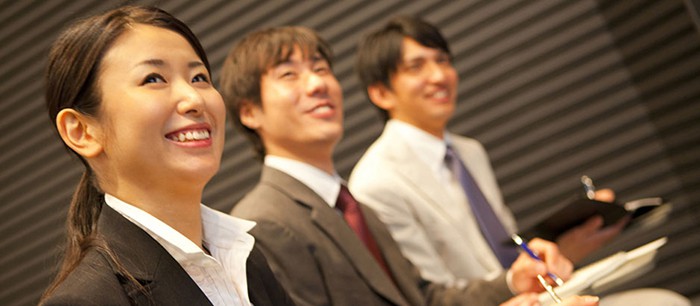By Dr Tan Ern Ser, Associate Professor of Sociology at the National University of Singapore (NUS)
The Singapore Dream Version 1
For the last five decades or so, our operating model or mobility game has been that if we work hard and work smart, we should be on track to be rewarded with upward social mobility and be able to live the Singapore Dream. This maxim includes the idea that one must perform well in the meritocratic education system.
While this model has remained fundamentally sound, prescribing that we should always be on the ball, it now needs a critical qualifier, which is that we must always make sure we are on the right ball. Until quite recently, being on the right ball means primarily to perform well academically – preferably from PSLE onward – secure a decent paying job, marry someone on a similarly or more promising career trajectory, add value to your employer, climb the corporate ladder, and enjoy the comfort and security of a middle-class lifestyle. I am not suggesting here that the goal has to be the top management position, though that’s nice and worth aspiring, but that most would hope to be able to reach at least the higher end of middle management, along with job and income security and the much-coveted five C’s.
The Game Changes: The Advent Of The Singapore Dream Version 2
However, as the economy undergoes enormous disruptions, upheavals and transformation, arising from global competition, protectionism, technological changes, terrorism, climate change, and fluctuating economic prospects, one would, in order to stay on the right ball, have to constantly develop deep skills, be flexible and relevant, and maintain a proactive and pre-emptive approach to managing one’s own career development. It would also entail being prepared for a rough ride, and thereby remaining resilient in the face of possible challenges and setbacks.
In short, one should always be ready for an ever-changing, uncertain future. Future-readiness, therefore, does not automatically put one on an escalator, not even a travellator, but a staircase with many bends, some leading to a dead-end. This makes it necessary for one to be prepared to change course, cut losses, and persevere despite the feeling of discouragement and anxiety associated with being pushed out of our comfort zone.
Well-meaning counsellors or friends would often encourage us to see a silver lining in every cloud or to see opportunities in difficult challenges. But this is easier said than personally experiencing it when we have loans and mortgages to service, children’s education to finance, and/or ageing parents to whom we need to provide caregiving support. Being unable to juggle these balls, particularly at middle age, could turn our Singapore Dream into a nightmare. Hopefully, the probability of this sad scenario occurring would turn out to be not very high, neither would its magnitude be very large.
The happy scenario entails that Singapore continues to maintain a vibrant economy, and Singaporeans are future-ready in their careers. Most economists are optimistic about the Singapore economy but at the individual and familial level, we could expect to be hit by skill obsolescence, job redundancy, and job loss. They require that we make adjustments, some of which may be tedious and painful, such as taking up new courses in mid-life or becoming an entrepreneur. We have to learn to live with more uncertainties and risks, made harder by the fact that many of us have been brought up to be risk-averse.
What do all these suggest about the Singapore Dream version 2? I believe for the majority of Singaporeans, it means that we can still live a fairly decent existence if we are able to make the transition to a new mind-set. This new mindset is not merely about adaptability, but also about a reordering of priorities and shifting in values. Indeed, if we transit well, we would not be merely existing but living a more meaningful life as well.
A New Mind-Set To Support The Singapore Dream Version 2
What is fundamentally different about the new mindset is that, while we still believe in excellence, we now aspire to find a proper balance between achieving ‘good enough’ occupational goals, rather than adopt a ‘the best is yet to be’ mentality.
This spirit of knowing one’s priorities and giving will make life far more meaningful and restful. Restfulness does not mean switching off, but being in a state of quiet confidence amidst the pressure of life, thereby making one more positive and effective in dealing with challenges. At the same time, a spirit of giving and generosity, while not adopted for instrumental reasons, can result in the forging of relationships and, in turn, enduring mutual support.
May I challenge one and all, including myself, to avail ourselves of this opportunity to turn away from relentless, individualistic pursuit of success, together with a warped sense of self-reliance and sufficiency, and move toward a more holistic kind of success which maintains a good balance between our role as employees or entrepreneurs and those relating to our family and community. The end result is not only a meaningful, restful inner life but also a vibrant, interdependent collective, which will help us transit safely through the hazardous journey ahead.
Dr Tan Ern Ser
Dr Tan Ern Ser teaches Sociology at NUS and is Head of the Social Lab at the Institute of Policy Studies. He received his PhD in Sociology from Cornell University on a postgraduate scholarship. He has won several teaching awards and is author of ‘Does Class Matter’. He was appointed a Justice of the Peace in 2013.

